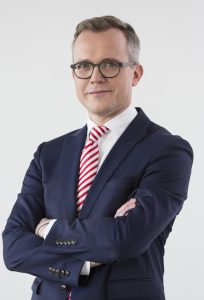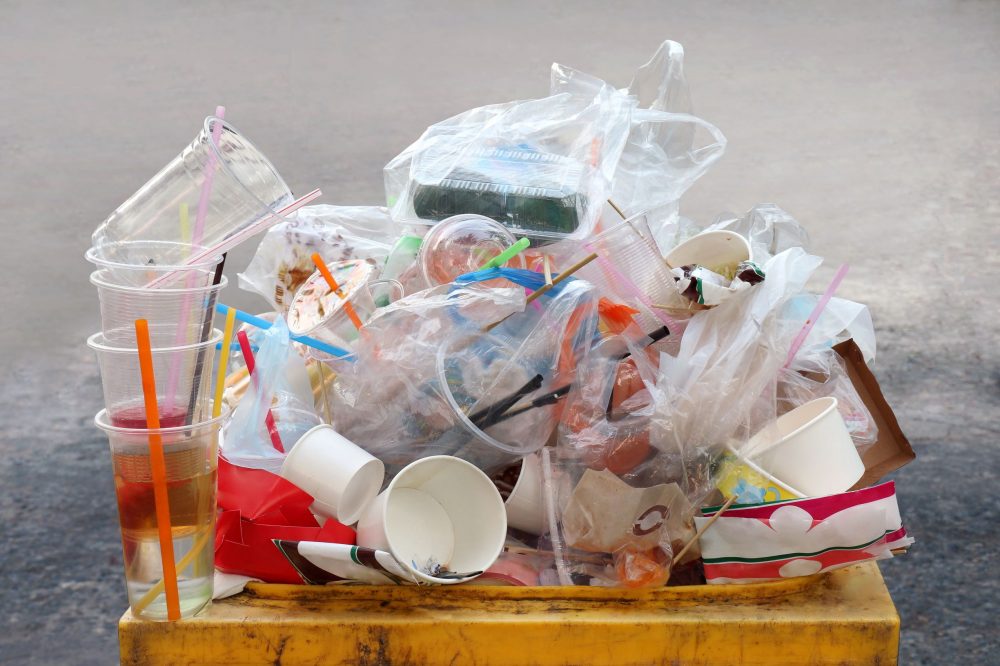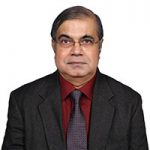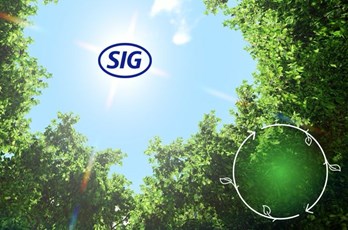In an exclusive conversation with Dr. Rangaprasad of Packaging360, Dr. Martin Engelmann, Director General of the German Plastics Packaging Industry Association IK explains the salient aspects of the organization & discusses the strategic imperatives for the German Packaging Industry for the future.
Read on :
Packaging360: What is the vision & mission of the German Plastics Packaging Association?
Dr. Martin Engelmann: The IK is the voice of over 300 mostly medium-sized manufacturers of plastic packaging and films in Germany. Our central tasks include the political representation of interests in Berlin and Brussels as well as communication for the industry and its products. We are particularly committed to ensuring that harmonised regulations for packaging apply in the EU internal market and that the Circular Economy remains a market economy.
Packaging360: How are the industry stakeholders aligned with your mission & goals?
Dr. Martin Engelmann: Most industry stakeholders agree that a circular economy can only be achieved if national packaging rules are overcome and the EU returns to harmonised rules. These are necessary to protect the free exchange of mostly packaged goods from the growing patchwork of national packaging bans, labelling and design requirements in the EU. Harmonised packaging rules are also needed because only they enable the necessary economies of scale for the economic transformation towards one EU-wide Circular Economy.
Packaging360: Could you throw light on some of the recent regulations pertaining to PPWM in Germany & its ramifications?
Dr. Martin Engelmann: 80% of plastic packaging in Germany is already recyclable at a high-grade. However, the use of recycled plastics is still causing difficulties for our members in some cases because not enough recyclates of the appropriate quality are available. In addition, safety regulations, e.g. for food packaging and hazardous goods packaging, still severely restrict the use of recycled materials. We therefore advocate that these applications be exempted from the mandatory recycled content quotas of the EU Packaging Regulation (PPWR).
Packaging360: Could you share your thoughts on how the packaging industry is shaping up in terms of innovation & business growth?
Dr. Martin Engelmann:Plastic packaging manufacturers in Germany have invested over years in the recyclability of their products and are ready with innovative solutions that combine high material efficiency with high-grade recyclability and the use of recycled materials. What is missing are EU-wide harmonised financial incentives for highly recyclable packaging within the framework of Extended Producer Responsibility schemes. And the amount of recycled content is growing each year. 2022 saw a slight decrease of the amount of plastic packaging put on the German market to 4.2 million tonnes. On the other hand, turnover increased by almost 15% to 18 billion euros due to the price jumps in raw materials and energy.
 About Dr. Martin Engelmann
About Dr. Martin Engelmann
Dr. Martin Engelmann is the Director General of the German Plastics Packaging Industry Association IK. He has been involved in advocacy for over 20 years with positions in the chemical industry, plastics manufacturers in Brussels and the paint and printing ink industry. Engelmann sees his main task in acting as a knowledge broker in the sense of factfullness between business and politics in order to come to better decisions. He is the father of two children and in his spare time he enjoys travelling in Asia and scuba diving.
Dr. R. Rangaprasad, is currently Business Head, Packaging 360, a Mumbai based knowledge service provider vertical under Catalyzing New Technology (CNT) Expositions & Services LLP. Packaging 360 is a comprehensive knowledge sharing ecosystem for the Indian packaging industry (www.packaging360.in).
Dr. R. Rangaprasad is a chemical technologist by training having earned his Ph.D. (Tech) degree from UDCT (now ICT) in 1992.







